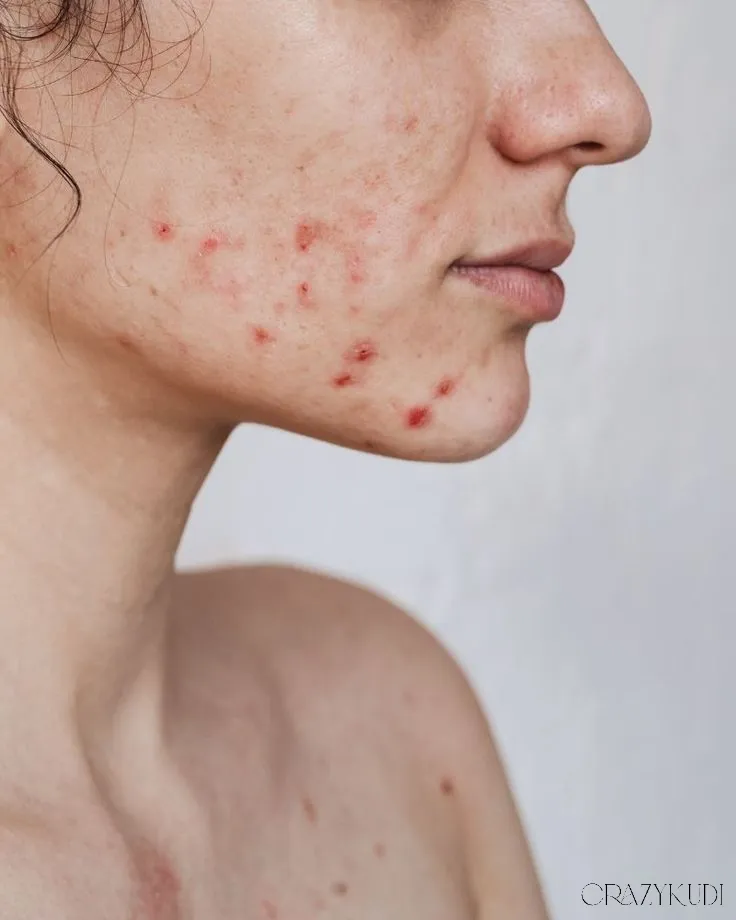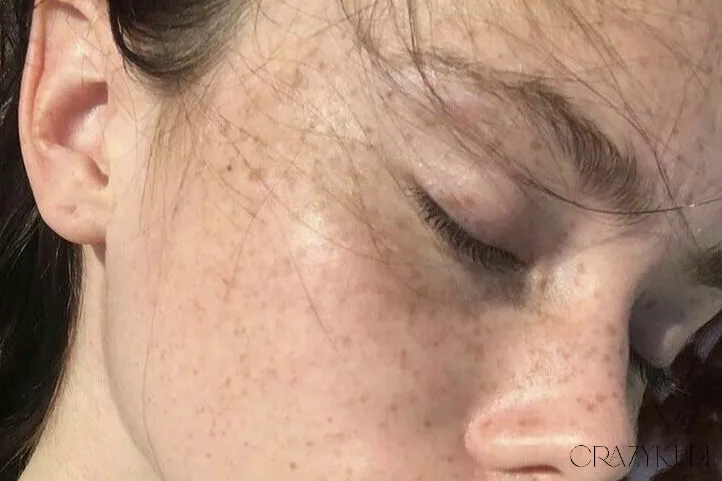Pimples, also known as acne, are one of the most common skin concerns that people face, regardless of age. Whether they appear on your face, back, or chest, pimples can cause frustration, self-consciousness, and sometimes even emotional distress. However, the good news is that pimples can be managed and treated effectively with the right strategies. In this blog, we will dive into the causes of pimples and offer expert advice on the best treatments and solutions to keep your skin clear and healthy.
What Causes Pimples?
Pimples form when hair follicles become clogged with oil, dead skin cells, and bacteria. This leads to the formation of inflamed pustules or cysts on the skin's surface. While the exact cause of pimples can vary, there are several common factors that contribute to their development:
- Excessive Oil Production: The skin naturally produces oil (sebum) to keep it moisturized, but excess oil can clog pores and lead to pimples.
- Hormonal Changes: Hormonal fluctuations, especially during puberty, menstruation, pregnancy, or while taking birth control, can trigger the production of more oil, leading to pimples.
- Bacteria: The bacterium Propionibacterium acnes can contribute to inflammation and acne development when trapped in pores.
- Poor Skincare: Using products that are too harsh or not suited to your skin type can cause irritation and clog pores.
- Diet and Lifestyle: Certain foods, stress, and lack of sleep can worsen acne.
Understanding these causes is the first step in addressing and preventing pimples effectively.
Effective Treatments and Solutions for Pimples
1. Topical Treatments: Over-the-Counter Products
The first line of defense against pimples usually involves using topical treatments. Over-the-counter (OTC) acne products typically contain active ingredients that help control oil production, reduce inflammation, and prevent the development of new pimples. Some of the most effective ingredients to look for include:
- Benzoyl Peroxide: This ingredient works by killing the bacteria responsible for acne and helping to clear blocked pores. It’s especially effective for inflammatory acne.
- Salicylic Acid: Known for its exfoliating properties, salicylic acid helps to remove dead skin cells from the skin’s surface, preventing pores from becoming clogged. It also has anti-inflammatory effects.
- Retinoids: Retinoids, such as retinol and tretinoin, promote cell turnover and help prevent clogged pores, making them effective for both treating and preventing pimples.
- Sulfur: Sulfur helps to reduce the amount of oil produced by the skin and has antibacterial properties, making it effective for mild acne.
- How it helps: These treatments work by clearing blocked pores, reducing bacteria, and controlling oil production to prevent pimples from forming.
2. Proper Cleansing and Exfoliation
A good skincare routine is essential in preventing and treating pimples. Cleansing your face twice a day with a gentle, non-comedogenic cleanser helps remove excess oil, dirt, and makeup that can clog pores. Additionally, exfoliating your skin 1-2 times per week with a mild exfoliant can help slough off dead skin cells and prevent clogged pores.
- Why it's important: Proper cleansing helps reduce the buildup of impurities on the skin, preventing pimples and acne from forming. Exfoliation ensures that your skin remains smooth and free of dead skin cells.
Also read: Face Skin Discoloration: Common Causes and Effective Solutions
3. Use Non-Comedogenic Products
If you’re prone to pimples, be sure to choose non-comedogenic skincare and makeup products. These products are specially formulated not to clog pores, which is crucial in preventing the development of pimples. Always check the labels to ensure that products are safe for acne-prone skin.
- Why it's important: Many skincare and makeup products contain ingredients that can clog pores and trigger pimples. Opting for non-comedogenic products ensures that your routine won’t contribute to acne.
4. Professional Treatments
If over-the-counter treatments aren’t effective, or if you have more severe acne, there are several professional treatments available that can provide faster and more dramatic results:
- Chemical Peels: A chemical peel uses a solution to exfoliate the skin and remove the top layer of dead skin cells. This treatment helps to clear clogged pores and reduce acne scarring.
- Laser Therapy: Laser treatments, such as blue light therapy, target the bacteria responsible for acne and reduce inflammation, helping to clear the skin.
- Steroid Injections: For large, painful cystic pimples, a dermatologist can inject a corticosteroid to reduce inflammation and promote faster healing.
- Why it's important: Professional treatments can help address deeper or more persistent acne issues, speeding up the healing process and preventing further breakouts.

5. Natural Remedies for Mild Pimples
For those seeking natural alternatives, several remedies have been shown to help reduce pimples:
- Tea Tree Oil: Tea tree oil has antibacterial properties that can help kill acne-causing bacteria. It can be applied directly to pimples with a cotton swab.
- Aloe Vera: Aloe vera has soothing and anti-inflammatory properties, making it effective for calming inflamed pimples and promoting healing.
- Honey: Honey is a natural antibacterial agent that helps fight acne-causing bacteria. It can be applied as a mask to help clear pimples.
- Why it's important: These natural remedies can be a gentle way to treat mild pimples without harsh chemicals, especially for those with sensitive skin.
Also read: The Surprising Benefits of Body Lotion You Wish You Knew Before
6. Healthy Diet and Lifestyle
While topical treatments are essential, addressing pimples from the inside out can also make a significant difference. Eating a healthy, balanced diet rich in fruits, vegetables, and whole grains can help support your skin’s health. Additionally, drinking plenty of water and managing stress through relaxation techniques or exercise can reduce hormonal imbalances that contribute to pimples.
- Why it's important: A balanced diet and a healthy lifestyle play a crucial role in maintaining clear skin. Avoiding high-glycemic foods like sugar and processed carbs, which can trigger acne, is also important for managing pimples.
Conclusion
Pimples are a common skin concern, but with the right approach, they can be managed effectively. By using the right topical treatments, maintaining a gentle skincare routine, opting for non-comedogenic products, seeking professional treatments when necessary, and living a healthy lifestyle, you can significantly reduce the frequency and severity of pimples. If you’re struggling with persistent acne or severe pimples, don’t hesitate to consult with a dermatologist who can create a tailored treatment plan for your skin.
Remember, clear skin is a combination of the right skincare, lifestyle habits, and sometimes, a little patience. With time, you’ll be able to restore your skin’s natural radiance and confidence.

